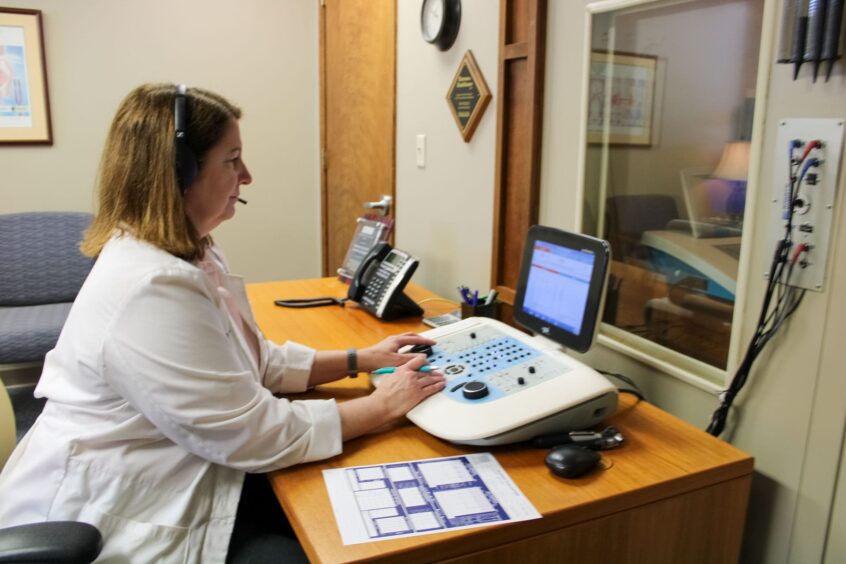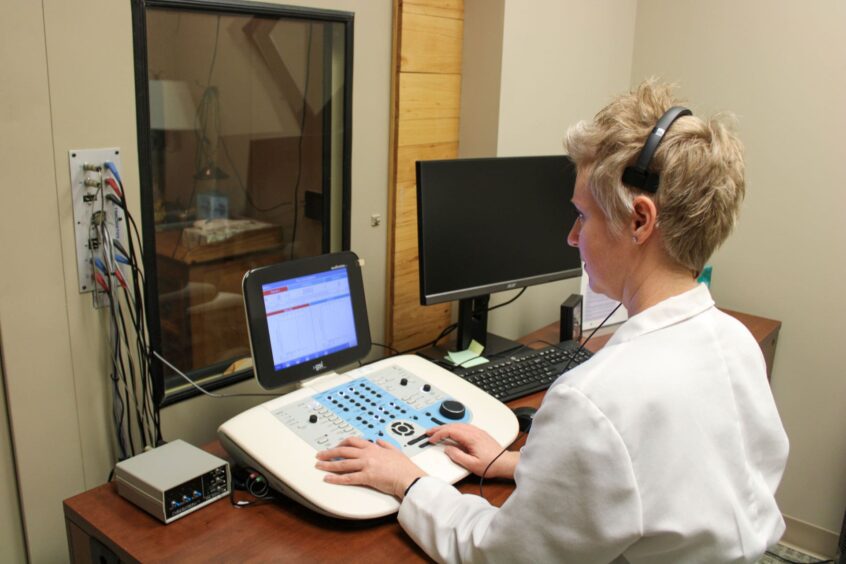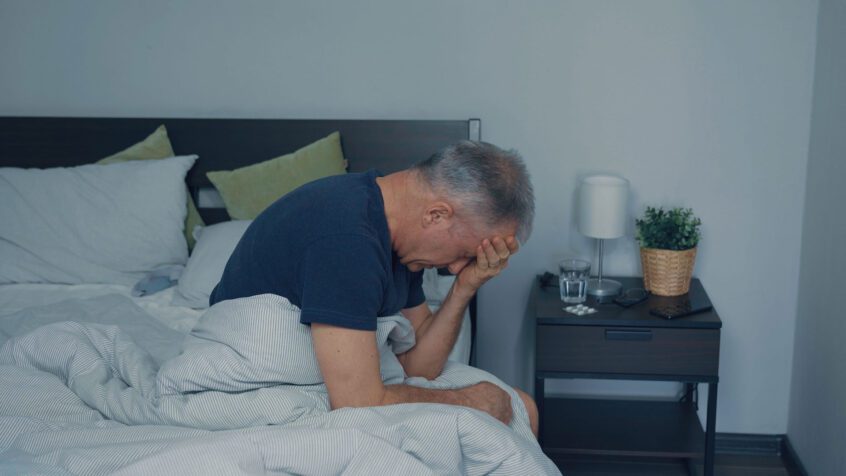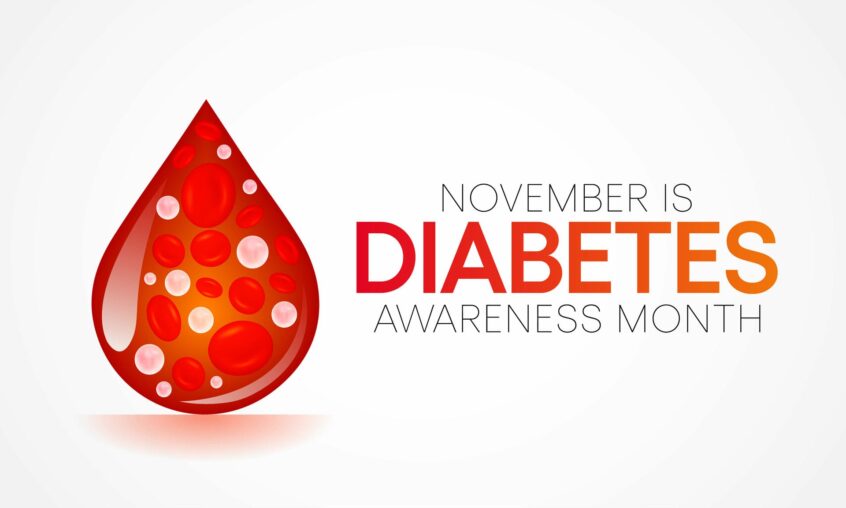Among an aging population, cognitive decline is probably one of the most dreaded diagnoses possible. After all, dementia not only impacts an individual’s ability to enjoy and participate in life, but it threatens one’s independence. Over the past few years, researchers have found more and more connections between hearing loss and cognitive decline, but the real question has been whether … Read More
Can Wearing Hearing Aids Prevent Falls?
According to the Centers for Disease Control (CDC), injuries from falls cost $50 billion every year—a greater burden on the healthcare system than obesity or smoking. If this trend continues, the CDC estimates that approximately 50 million falls will occur annually in adults over age 65 by the year 2030. Like falls, hearing loss is also very common in individuals … Read More
Is Your Hearing Quietly Slipping Away?
It’s almost spring. You used to love the sound of the robins singing, the wind gently whistling through the trees, and the crunch of the gravel under your feet during a walk. But gradually, those sounds have slipped away from you—not all at once. It’s been a barely perceptible change. But when someone recently commented on the birds singing, you … Read More
How What You Eat may be Connected to Diabetes and Hearing Loss
The Link Between Diet and Hearing Loss When studying the five communities originally associated with the blue zones, diet quickly emerged as an important connection to a longer, healthier life. Surprisingly, diet also can play a key role for someone with hearing loss. How is it possible that what you eat is connected to how well you hear? One answer … Read More
How is Hearing Connected to Blue Zones?
Central to the blue zones concept is the fact that in each of the communities where people age so well, these individuals don’t live in isolation. Instead, they stay connected—connected to their spouse, children and extended family, friends and community. But in the United States and other industrialized countries where older adults are more isolated, depression, loneliness and even dementia … Read More
Can a “Cup of Joe” Affect Your Hearing?
Coffee is the most commonly consumed beverage in the world, aside from water. It helps millions of people wake up first thing in the morning or stay awake during an afternoon slump. In fact, the caffeine that’s such an essential ingredient in coffee, is a natural substance that works by stimulating the brain and central nervous system, helping you stay … Read More
The Ins and Outs of Long-Term Care Facilities and Hearing Aids
It’s a fact that if you live long enough, you will likely experience age-related hearing loss and need to wear hearing aids. Likewise, some older adults with chronic health conditions may end up living in a long-term care facility. Research shows that anywhere from 70 to 90% of people in long-term care have hearing loss, yet the majority of that … Read More
Hearing Loss Can Bring Increased Fatigue to Those Over 40
Hearing Loss and Fatigue: New Study Reveals the Connection Audiologists often see patients who say that struggling to hear on a daily basis literally wears them out. Now a new study recently published in JAMA Otolaryngology-Head and Neck Surgery, suggests people with hearing loss aren’t just imagining it. They are nearly twice as likely to experience daily fatigue compared to … Read More
Can You Hear Me Now?
The holidays are a busy time for gatherings with family and friends. Unfortunately, for those with hearing loss, a common and frustrating question at these events often is, “Can you hear me now?” While family and friends without hearing loss may not have problems hearing one another, if you have hearing loss and wear hearing aids, you may struggle more … Read More
How Diabetes and Hearing Loss are Connected
Diabetes and Hearing Loss: The Link You Should Know About November is Diabetes Awareness Month, a great time to call attention to a little-known fact. Diabetes and hearing loss are two of the most common health problems that affect the American population. In fact, according to the National Institute on Deafness and Other Communication Disorders, approximately 37.5 million Americans 18 … Read More












